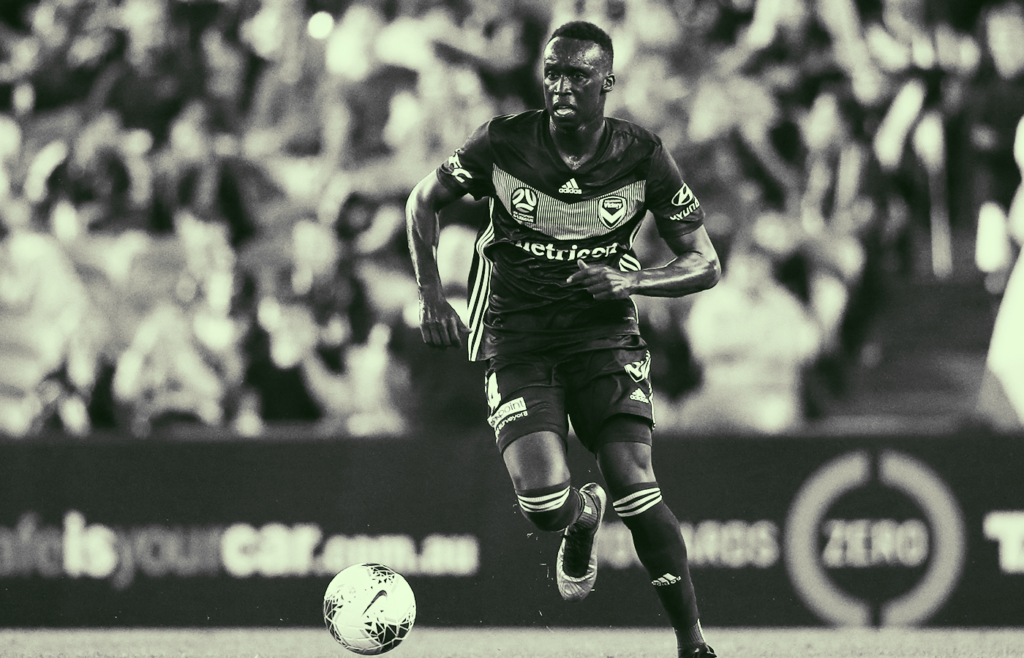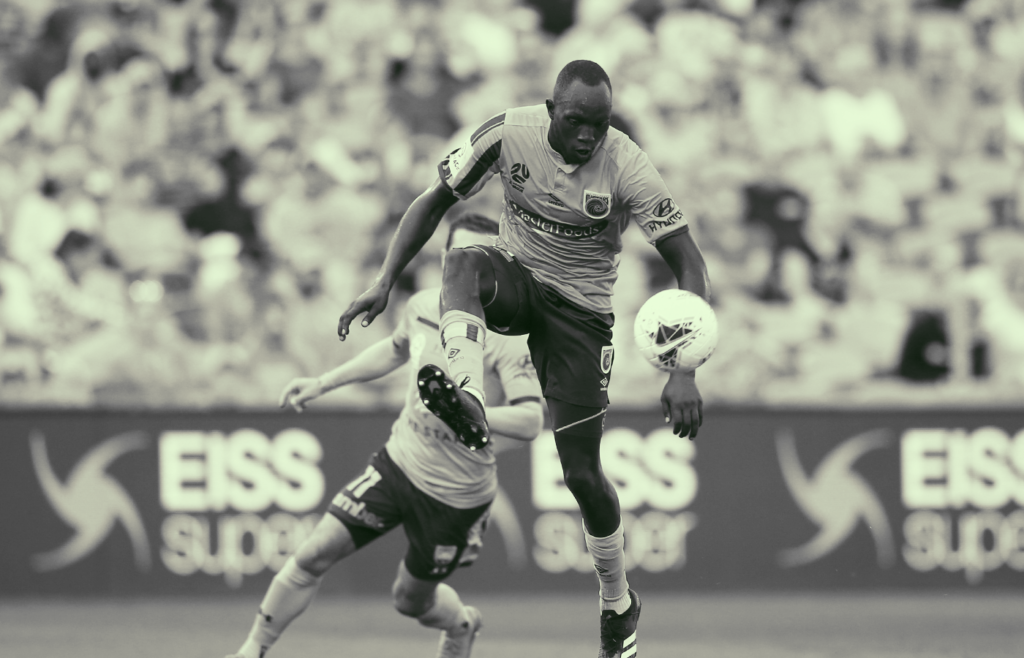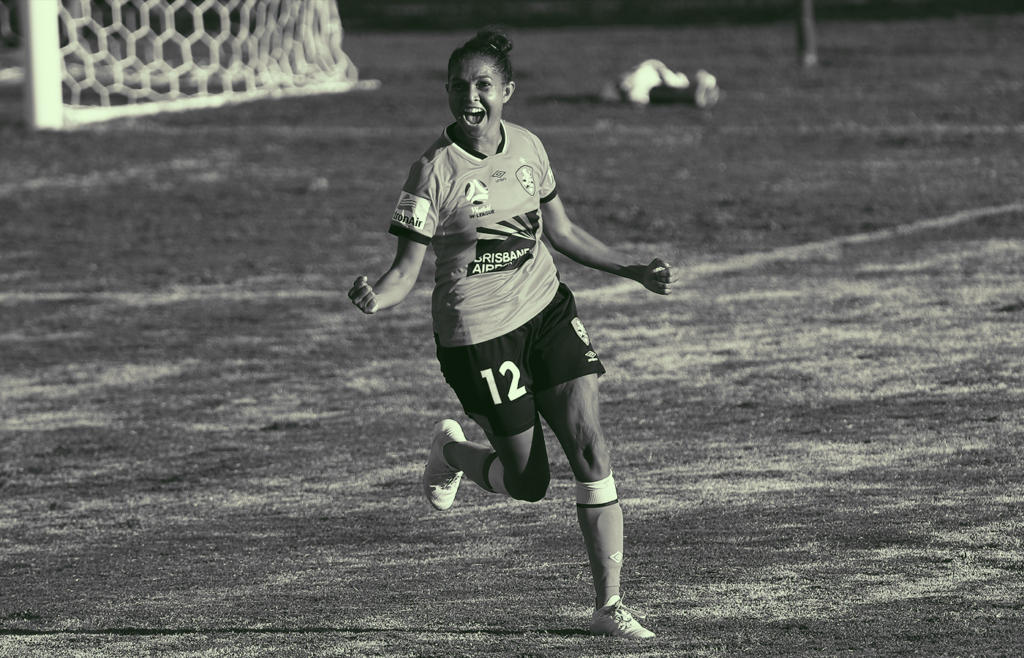Three professional footballers from diverse backgrounds have shared their personal experiences and perspectives of racism, while praising the inclusive environment football has provided within their careers.
In the latest episode of Footballers’ Voice Kenyan-born refugee Thomas Deng, Aboriginal striker Allira Toby and South-Sudanese refugee Ruon Tongyik explore themes of inclusion, diversity and discrimination.
With recent global events bringing racial inequalities sharply into focus, the trio share that they have not been shielded from discrimination off the pitch, despite football providing an inclusive environment.
Deng, who made his name with Melbourne Victory in the A-League, which paved his journey to the Socceroos, said football had provided an inclusive outlet for his acceptance and integration into Australian society as a refugee.

“For me and my brother Peter, [football] was very vital,” Deng said. “We went to school [in Adelaide] and football helped in a way to make friends and also in the club environment; you felt like you had a family and they made you fit in and it didn’t matter where you’re from or what skin colour you had, it was just based on the love of football.”
Deng and his family later moved to Melbourne where is football career blossomed, but he was troubled by events within sport and was acutely aware of racial discrimination within Australian society.
“We’re now in 2020 and the fact is that people are still judging others by the colour of their skin without getting to know who they are and their culture and identity,” Deng said.
For Tongyik, who was born in Ethiopia in a refugee camp before his family relocated to Australia, his experiences were deeply personal.
“I arrived in Australia in 2003 with my family at a very young age,” Tongyik said. “Like with many people that have come to a different country, it’s never easy trying to settle in, feeling like an outsider coming in… you feel like you don’t belong… experiencing racism, being left out, not feeling like I was welcome.

“It wasn’t easy, but lucky for football, I met a lot of good people. It’s directed me down the right path because so many people that that I have seen in my position, they’ve been gone to the wrong path.”
As an Australian of Indigenous heritage, Brisbane Roar striker Allira Toby experienced racism indirectly, with several family members subject to discrimination.
“It kind of leaves me speechless,” Toby said. “You know, I don’t really understand, and I don’t see how the colour of your skin or your background affects how you play a sport.

“People who make those comments and think that that’s okay… it’s mind boggling because I don’t understand how people think that that that’s okay and how they think that their comments don’t affect people when they are subjected to it on a regular basis.”
All three players agree that education is key to improving outcomes, within sport and society. Each has taken a role in highlighting issues of racism, through social media, support for the #BlackLivesMatter movement or through positions of education.
For Toby, who works as a counsellor assisting Aboriginal and Torres Strait Islander school students, teaching is a passion and she believes it is her responsibility as a footballer and role model to set a good example within her community.
“I find the biggest problem is that people are talking without really actually knowing,” Toby said. “I think it… people [should be] educated properly and have the right platforms to be educated on our [Indigenous] history.
“It’s important that myself as a professional footballer to help out and give back, because I know that there’s only a handful of Indigenous females in the league at the moment.”
Footballers’ Voice is a podcast produced in partnership between Professional Footballers Australia (the PFA) and Podular Media.
Subscribe and listen to Episode 4 of the Footballers’ voice via Spotify, Apple and Google podcasts.







